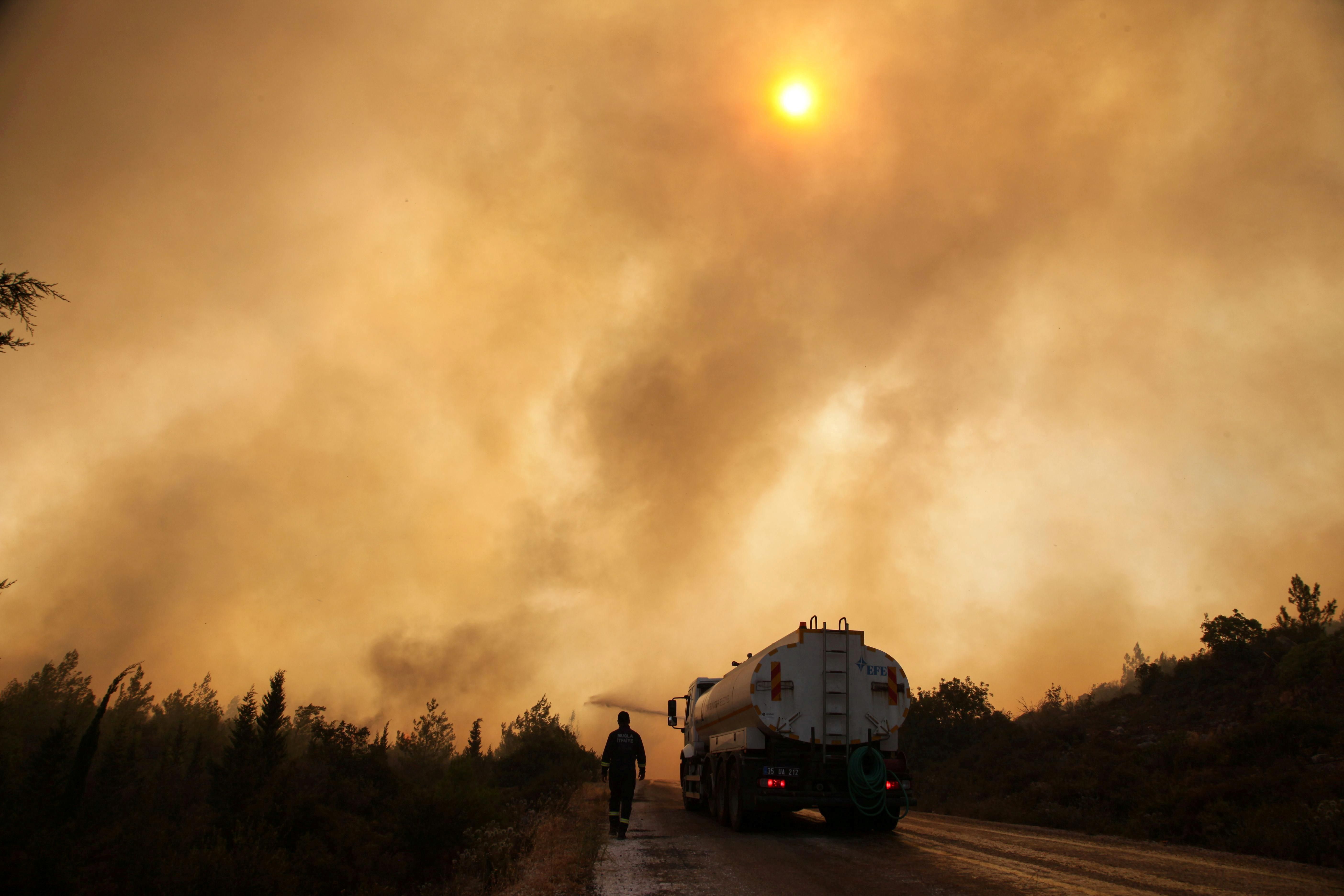Hard Numbers: Turkey on fire, Malaysia's opposition blocked, Tigrayans vow to fight on, Americans face evictions
100: A scorching heat wave has caused more than 100 wildfires across Turkey's Mediterranean and Aegean coastline in recent days. Scientists say that dry conditions induced by climate change have helped spread the fires, which have already killed eight people and caused mass evacuations from tourist hotspots.
100: Malaysian police blocked 100 opposition lawmakers from entering parliament, which Prime Minister Muhyiddin Yassi ordered closed for 14 days because of a reported COVID outbreak. Opposition lawmakers, and lay citizens, have called on Muhyiddin to resign over his handling of COVID. They say he has used the crisis to hold on to power.
400,000: Despite the Ethiopian government announcing a unilateral ceasefire back in June, the head of the Tigrayan rebel forces now says that his group will keep fighting until its ceasefire terms — including a long-term political solution to the conflict — are met. This development comes as the UN warns that at least 400,000 people in Tigray are living under famine-like conditions.
3.6: The federal moratorium on evictions in the US, triggered by the pandemic, expired on Saturday, leaving 3.6 million Americans vulnerable to evictions over the next few months. Progressive House Democrats rallied for the ban to be extended, but the US Supreme Court said that only a new bill from Congress would reinstate the measure. Meanwhile, more than 7 million Americans are reportedly behind on their rent payments.
